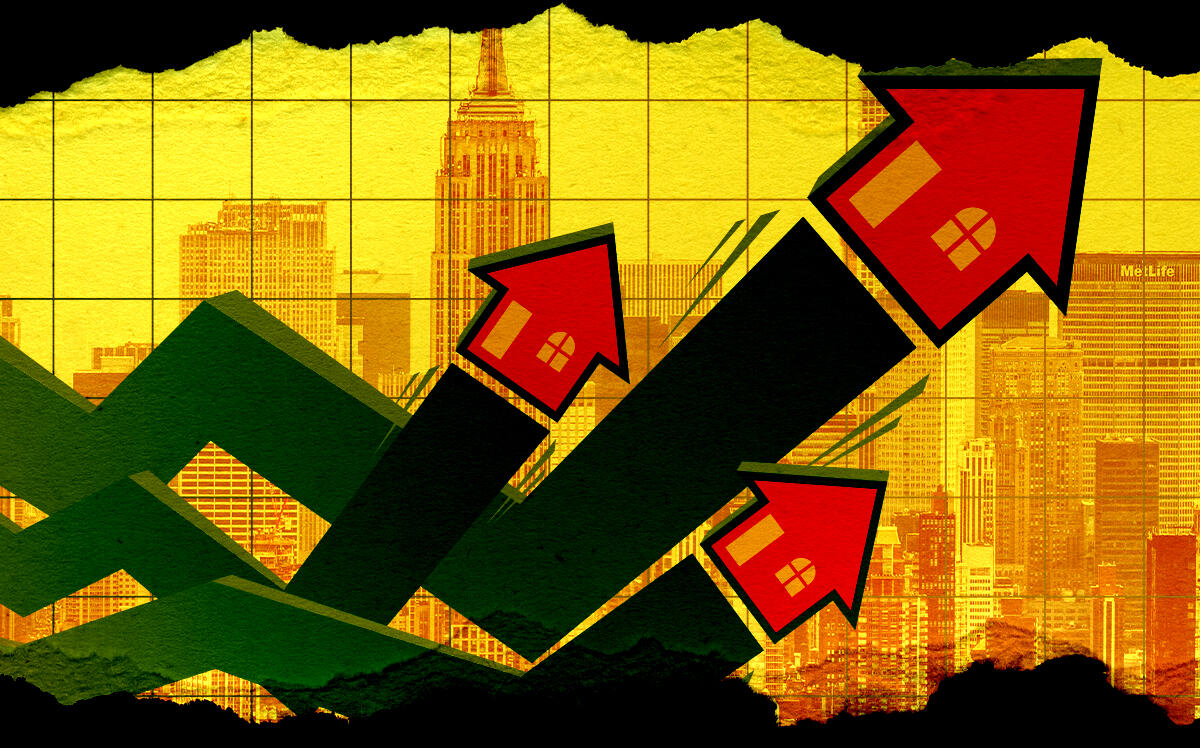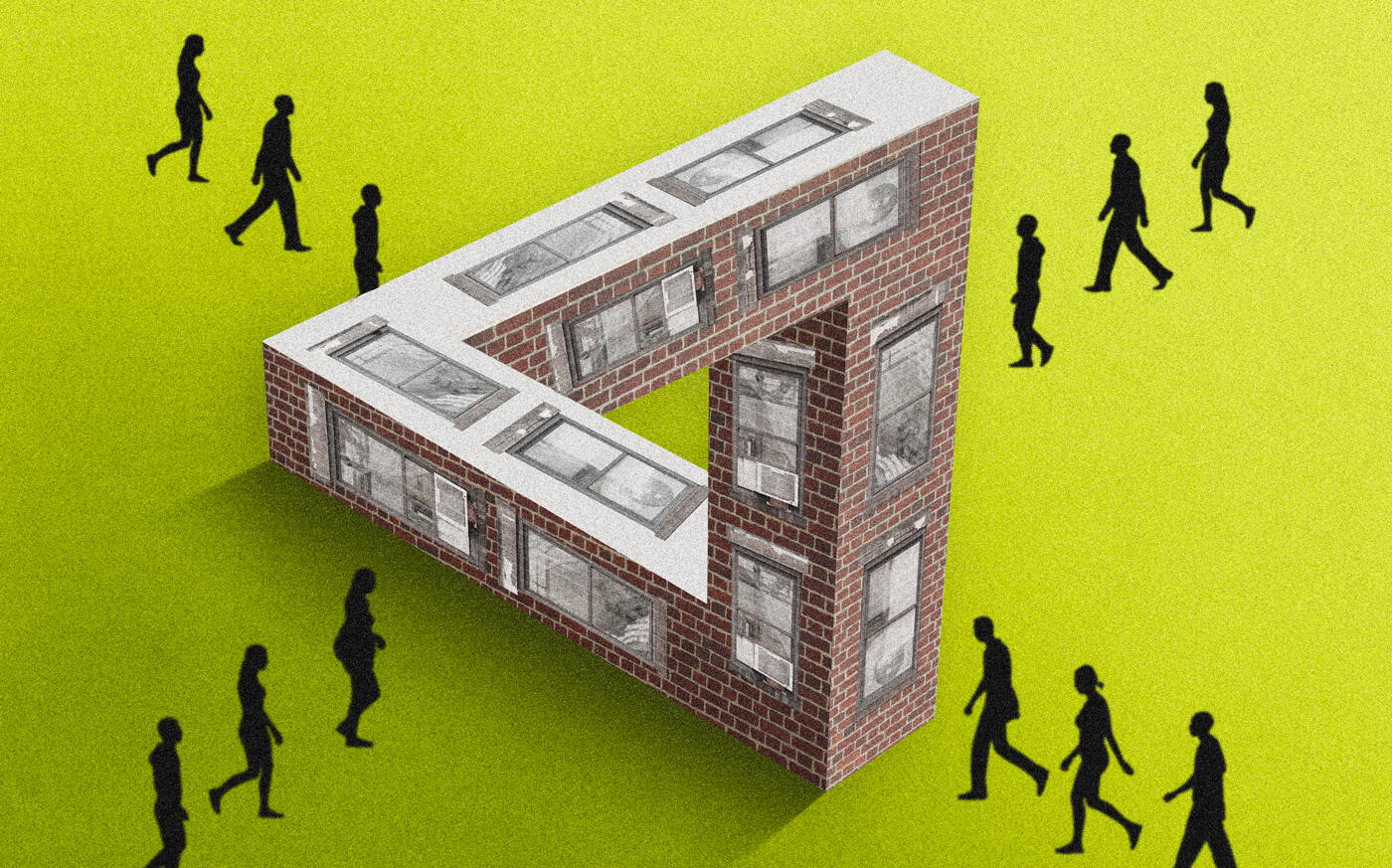Manhattan rents may be near record highs, but peak prices are no deterrent for would-be tenants.
The number of new lease signings in February rose more than 43 percent over the same period last year, when bidding wars began to dominate the market.
That uptick in demand marks the biggest increase in 19 months, according to a report by appraisal firm Miller Samuel for Douglas Elliman.
The median rent in the borough ticked down $2 month over month to $4,097, but marked a mere $57 discount to the all-time high rents notched in July. The median rent with concessions rose for the 18th month straight to hit $4,043, the highest on record for the month.
Annually, Manhattan rents jumped over 10 percent, marking the 17th straight month of double-digit increases.
Appraiser and report author Jonathan Miller characterized the small month-over-month change as more proof that rent growth has settled into a holding pattern of “moving sideways.”
Rents in Brooklyn and Queens have charted a similar course, cresting near record highs.
After surging nearly 6 percent in January from December to $3,499, the median rent in Kings County erased about half those gains, settling at $3,400, less than $100 below the borough’s peak price in October.
The median rent in Northwest Queens fell about 4 percent to $3,238, the region’s second highest rent on record after January’s $3,369.
Miller has insisted rents will not drop significantly unless a recession takes a hit to employment.
So far, the job market has remained strong even amid rampant rate hikes. Unemployment fell to 3.4 percent in January, a 53-year low.
“Unless unemployment surges from its 50-year low, it doesn’t infer that rents will fall sharply,” Miller said.
But an update from the Federal Reserve this week signals a recession may be unavoidable.
Chair Jerome Powell testified to the Senate that the robust labor market, among other signifiers of economic strength, may force the Fed to drive rates than previously forecast.
Steven Blitz, chief economist at economic research firm TS Lombard, told CNBC that strategy signals the Fed won’t stop raising rents until it triggers a recession.
“There is no exit from this until [Powell] does create a recession, ’til unemployment goes up,” Blitz said.
The economist said economic contraction could happen as early as mid-year.
Still, Miller cautioned that higher mortgage rates, often the result of higher interest rates, would “push would-be homebuyers into the rental market and keep prices from correcting, with or without a recession.”
Read more



